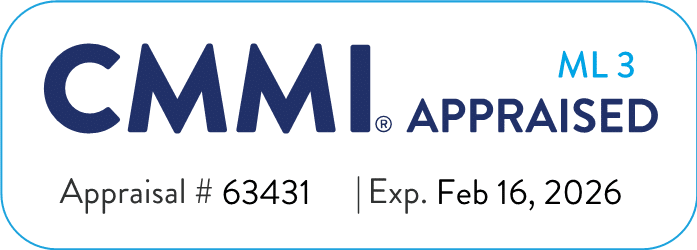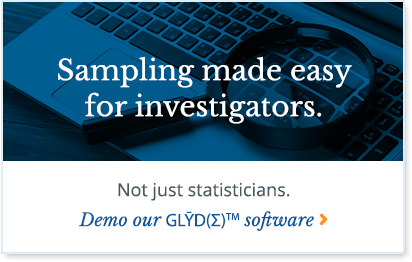A well-written healthcare fraud investigative report can help to identify and prevent improper payments – having a significant impact on individuals and organizations, including federal and state government agencies.
The regulations and requirements that govern the healthcare industry are complicated, creating a long and technical process for investigating potential fraud, waste, and abuse. Investigative reports specify the facts related to the case and outline applicable evidence of any allegation —substantiated or not — against an individual or entity. Skilled healthcare fraud investigators know the value of an effective investigative report, but how do you write it?
Here are five tips to make sure your investigative findings produce actionable insights:
- Examine all allegations and reports prior to conducting interviews. Thorough research and preparation is critical to the investigative process and will impact the outcome of your report.
- Utilize your research to develop simple and straightforward attestations for the interviewee(s) to answer questions and identify the exact procedure or device. Leverage relevant images within the body of the attestation to allow the interviewee to identify the treatment or device received.
- Conduct a thorough background investigation on the target or subject of your investigation. Obtain as much information as possible — prior convictions, investigations, overpayments, and suspensions as well as previous employment (which can be found using LinkedIn and other open source intelligence (OSINT) platforms such as Facebook and Google+), and common ownership in suppliers (or other business entities).
- Exercise your analytical skills with in-depth data analyses and summaries regarding the top procedure and diagnosis codes as well as time studies — for instance, how many hours a day does the provider work. Use the data available to determine commonality between beneficiaries, increases in billing, and payment for specific procedures and specific time periods (such as month-to-month or year-to-year).
- Identify the allegation while citing the findings of your data analysis, interviews, the provider’s background, and your evaluation as to why this referral should be accepted by law enforcement.
Above all, investigative reports should be clear and concise, and produce strong, conclusive results to refer to federal and state law enforcement. Your report should tell the story and illustrate the steps of your healthcare fraud investigation.
IntegrityM’s Investigative Services
Our investigators combine sophisticated data analysis with key informant interviews and a rigorous review of legal and regulatory requirements to examine and resolve complaints and allegations of fraud and abuse. With decades of experience, IntegrityM investigators have contributed to the identification and resolution of numerous program irregularities, leading to law enforcement and OIG case referrals. To learn more about our investigation services or how we can enhance your team, call us at (703) 535-1400 or contact us online.











